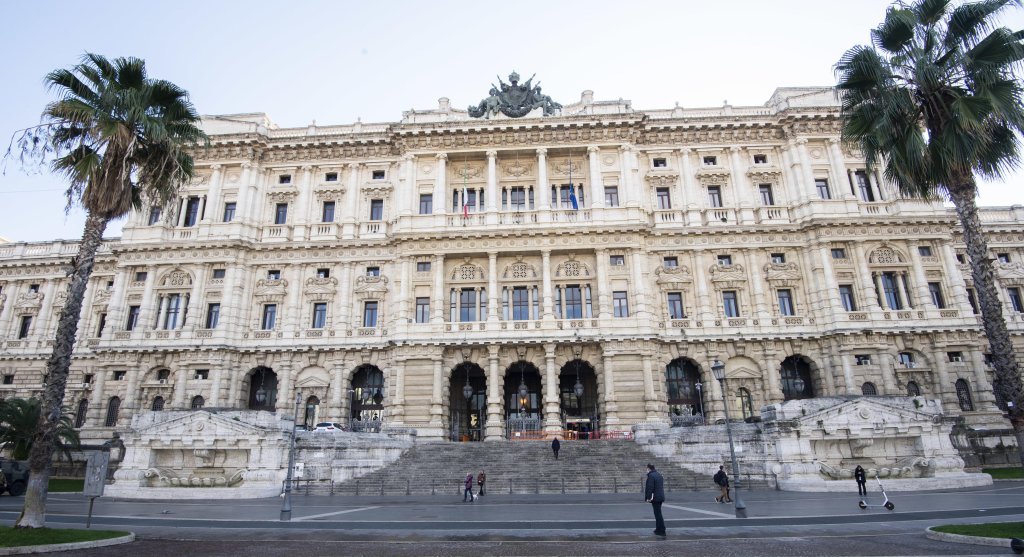
Italy’s highest court has expressed its doubts on the constitutionality of the Italy-Albania Memorandum of Understanding, which established the basis for the asylum processing and return hubs now operating in Albania but under Italian law, a national newspaper reported.
Italy’s Court of Cassation has its “doubts about the constitutionality” of a government measure, the national newspaper Il Manifesto (a left-leaning daily newspaper based in Rome) reported on June 29.
The concerns about the role of a Memorandum of Understanding signed by Italy and Albania are contained within a report that the newspaper was given access to ahead of its release by an office of the court tasked with case-law analysis.
The report casts doubt on the compatibility of the MoU with the Italian constitution as well as with international and European Union law.
Numerous possible violations of constitutional law’
This stance reportedly expressed by the court has reignited tension between the judiciary and the government. One of the responsibilities of the Court of Cassation, the national magistrates association (AMN) noted, is “that of drafting reports on new legislation, highlighting any problematic aspects from a constitutional standpoint.”
Because of this role, the ANM called for “respect for the democratic exchange between state institutions.”
Among the points reportedly contained in the 40-page report by judges at the Court of Cassation is a warning about “numerous possible violations of constitutional rights, from that regarding health to that of defense.”
Italy’s top court stated that the MoU signed between Italy and Albania hinders the right to asylum and that there are no sufficient indications that would level out the “legal imbalance from extraterritoriality, ensuring equal right for migrants taken to Albanian sites as those for migrants on Italian territory.”
Government defense
This assessment led to pushback from the government.
“While in Europe the approach of the Meloni government to counter irregular immigration is adopted as a reference model, in Italy some judicial bodies seem to be more committed to hindering its actions,” said Minister for European Affairs Tommaso Foti.
“The Meloni government will go forward.” In an interview with the Turin-based and center-left leaning La Stampa newspaper, Interior Minister Matteo Piantedosi called the top court’s moves “an exercise heavily influenced by ideology.”
Opposition parties took the opposite view
In an exchange over the issue, Democratic Party (PD) senator Filippo Sensi called the interior minister’s words “dangerous,” while Piantedosi claimed Sensi had “lost the sense of the state.”
“The actions of the judiciary are in line with what was established by our constitution,” PD Senate whip Francesco Boccia said.
The Greens and Left Alliance MP Angelo Bonelli meanwhile accused the government of wanting to “dismantle the bodies” tasked with constitutional compliance.
The Five Star Movement party called on Prime Minister Georgia “Meloni and her partners to recognise that the Supreme Court has taken into consideration a wide range of scholarship that raises serious doubts about the compatibility” between the government’s plan and the constitution.